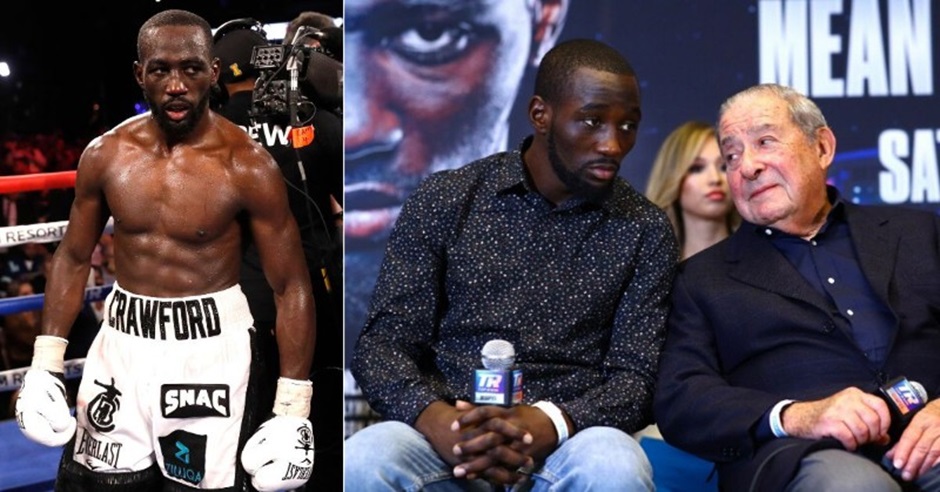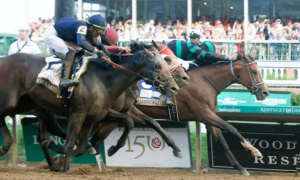The highly anticipated clash between boxing superstars Errol Spence Jr. and Terence Crawford has long tantalised fans, yet remains frustratingly elusive.
Despite both fighters holding welterweight titles and expressing a desire to meet in the ring, the dream matchup has yet to materialise. And while the blame game continues, one name consistently pops up: Bob Arum, the legendary boxing promoter.
Arum, the man who steered the careers of Muhammad Ali, Manny Pacquiao, and countless other champions, recently stated he has no regrets about not promoting the Spence-Crawford showdown.
This bold declaration, however, has ignited a firestorm of debate, leaving boxing fans and pundits alike scratching their heads.
To understand Arum’s stance, a deeper dive into the complexities surrounding this superfight is necessary.
At the heart of Arum’s decision lies the cold, hard reality of finances. While Spence and Crawford are undeniably talented boxers, their individual PPV (pay-per-view) numbers haven’t consistently reached blockbuster levels.
“Terence is a great talent, but economically, it never worked out.” Arum said.
Crawford outclassed Spence Jr. en route to a ninth-round TKO victory in Las Vegas back in July.
Crawford, despite his undefeated record and skilled performances, has struggled to attract large audiences on pay-per-view, often generating losses for Top Rank, Arum’s former promotional company.
Arum, known for his shrewd business acumen, recognises the financial risks involved. He argues that promoting a high-profile fight like Spence-Crawford requires substantial investment upfront, with no guarantee of recouping those costs.
In a sport notorious for its unpredictable outcomes, even the most anticipated fights can fall flat at the box office, leaving promoters with significant financial burdens.
Further complicating matters is the issue of a potential rematch. Arum believes that even if the initial encounter generates respectable revenue, a rematch might not sustain the same level of interest.
Fans, he argues, may be reluctant to pay twice for a fight that has already been decided, leading to a decline in PPV buys and ultimately, lower profits.
Arum’s stance isn’t solely driven by financial considerations. He emphasises the importance of building and sustaining fighters’ careers over a long period.
He argues that promoting a single high-stakes fight too early can jeopardise a fighter’s future marketability.
Instead, he advocates for a strategic approach, gradually building a fighter’s profile through carefully chosen opponents and captivating storylines, ultimately leading to a more lucrative and sustainable career trajectory.










